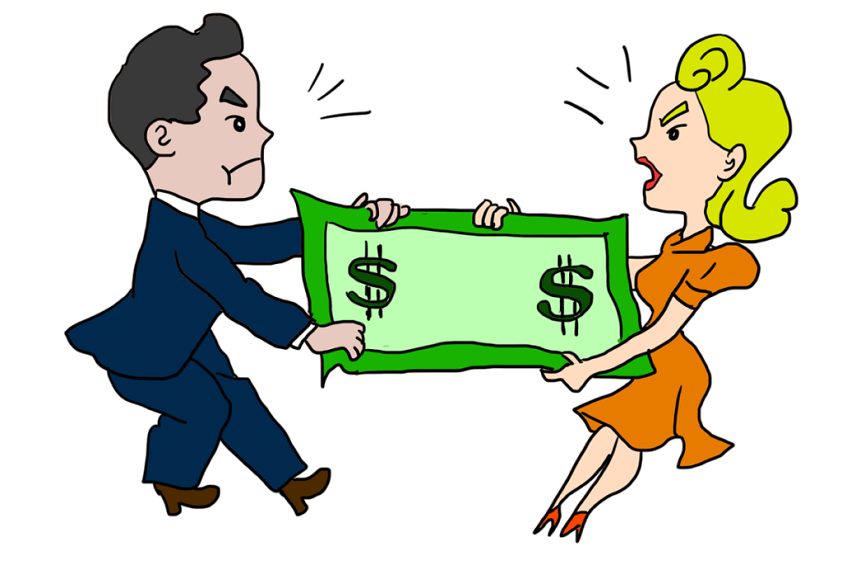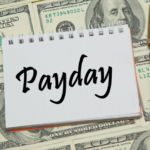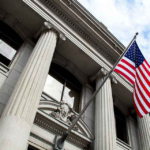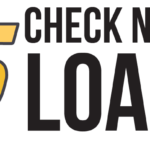There are a number of ways that bank take money without your permission. This is known as a “no-notice” withdrawal. The bank might withdraw the funds or seize your amount in an emergency immediately or over some time. The way that they might do it is by charging fees to your account, or by taking a loan from your checking or savings account. You might be surprised to learn that some financial institutions have no problem withdrawing money from your account without notifying you.
There’s no requirement for you to provide any sort of notice. According to this article, “Under the rules set forth by the Consumer Financial Protection Bureau (CFPB), banks have the authority to withdraw money directly from a checking account without notifying the account holder, as long as they make sure there’s enough money in the account to cover the withdrawal.”
What can happen if your bank takes money without permission?
If money was taken from your account without your permission, the bank has to give it back immediately.
Any unauthorized transaction or the loss of your debit card must be reported immediately
If you believe that your money has been fraudulently removed from your bank account, then there are some actions that you should take. that’s why bank take money from you without permission.
This applies to you whether your identity has been stolen, your card has been duplicated, there has been an unauthorized financial transfer, or you’ve been scammed.
What does it mean for your bank to “take” your money?

What exactly does it mean to take your money? It means to put your money into their hands for a specific purpose. By providing a secure account for customers to put their cash, banks gain access to a valuable source of revenue. But it’s not just money.
For example, if you set up a recurring payment with your mortgage company, they have access to your monthly payments and can collect those funds on your behalf. That money doesn’t go to the bank; it goes to your mortgage provider, and that’s perfectly fine.
How do banks take your money?
1. Deposit of cash and valuables
A deposit is money deposited in a bank account. A bank doesn’t keep your money for free. The bank is expected to give you a little something in return for allowing them to hold your money. Banks take deposits or make loans, and their customers pay them interest for that loan.
2. Valuation of cash and valuables
The value of your property is determined by its current market value. It’s not just about having a good credit score, but more important that your down payment amount is equal to or lower than the home’s selling price.
You might need to come up with more cash or purchase a lender’s mortgage insurance if the bank has valued your home much below the purchase price.
3. Recording of the transaction
Your bank tracks all of your transactions and uses that information to help you save money, and improve your credit rating.
If you look at statements you get from your bank, brokerage account, or credit card company, they’ll often show monthly statements with deposits, transfers, cash-outs, and other activities
When the time comes to check the balance, they also provide you with a starting and ending balance to help you determine exactly. Sometimes, banks reject direct deposits.
4. Record maintenance and updating
You need to have your customer identification records up-to-date for as long as the account is active. They will be securely secured in the event of a data breach.
All transaction records for covered persons and their immediate family members must be maintained up to date and securely secured during five years after the transaction date.
5. Declaration by bank employees and staff
In our modern society, banking plays a key role. We’re in the age of technology, where we expect things to be fast and convenient.
A bank is considered to be impartial, ethical, and independent. Because it upholds high standards of service and ethics.
The reputation and image of the Bank must be protected and enhanced. By all employees through their conduct and actions.
The bank is a very important institution and it should always be professional in all its dealings and activities. This includes employees and their interactions with customers, as well as how they represent the bank.
All employees must adhere to the Bank’s code of ethics and business conduct, which sets out the standards of conduct for all employees.
6. Calculation of cash balance and reconciliation with ledger
General Ledger contains all the transactions in your accounting records over a specific period.
A: It shows the balances of each of your accounts as of the date you select. Accurately balancing your accounts means that they balance properly when we do our quarterly reconciliations. Some accounts will have different reconciliations that vary. Such as your bank statement for cash accounts or a credit card statement for account balances.
If it’s true that the balance in your books should be accurate, then it should be accurate whether it’s a bookkeeper or a bank.
You must identify any discrepancies between your accounts and theirs, validate that they are accurate, and make a note of them.
8. Cash withdrawal for operational expenses through ATM or over-the-counter (OTC) transactions
This is how ATMs work. When you put in your card, they deduct a small fee from the deposit, and when you take out money, they charge another fee.
The network determines the cost, which is the same for all participating banks.
A standard bank account gives away at least 5 free ATM withdrawals each month, so you might as well open one.
Your bank may offer free ATM transactions once a month. Your credit card company may charge a fee and taxes for any additional transactions, even if it’s just a financial service such as checking or sending a simple email.
9. Repayment of loans or deposits by customers through cheques, drafts, etc.,and change in the cash balance
A check or draft is a convenient method for a consumer to make easy payments and withdrawals, and banks also circulate money.
Most mortgages are typically self-canceling.
You’ll get a refund of the interest and principal. If you pay off your balance by the end of the month.
10. Closing process for Cash Departments
Every month, the end of the month is the process of gathering and organizing. All of your financial and accounting data for review, reconciliation, and reporting.
If you want to plan for your business’s long-term growth. Improve your decision-making process, and ensure your success by maintaining healthy cash flow, then make sure to calculate monthly your balance sheet.
Conclusion
In conclusion, a credit card is a great way to earn cash back. But, the bank is always going to be able to charge you fees even. If you pay off the balance each month. You can avoid these fees if you close the account and then open a new one. The bank has no way of knowing that you didn’t have access to the funds in the old account. So it isn’t going to give you a refund. If you don’t have a lot of money in your checking account. You can borrow from a friend, family member, or your parents. This could end up costing you more than just paying the fee to close the account, so keep that in mind. in following certain conditions















